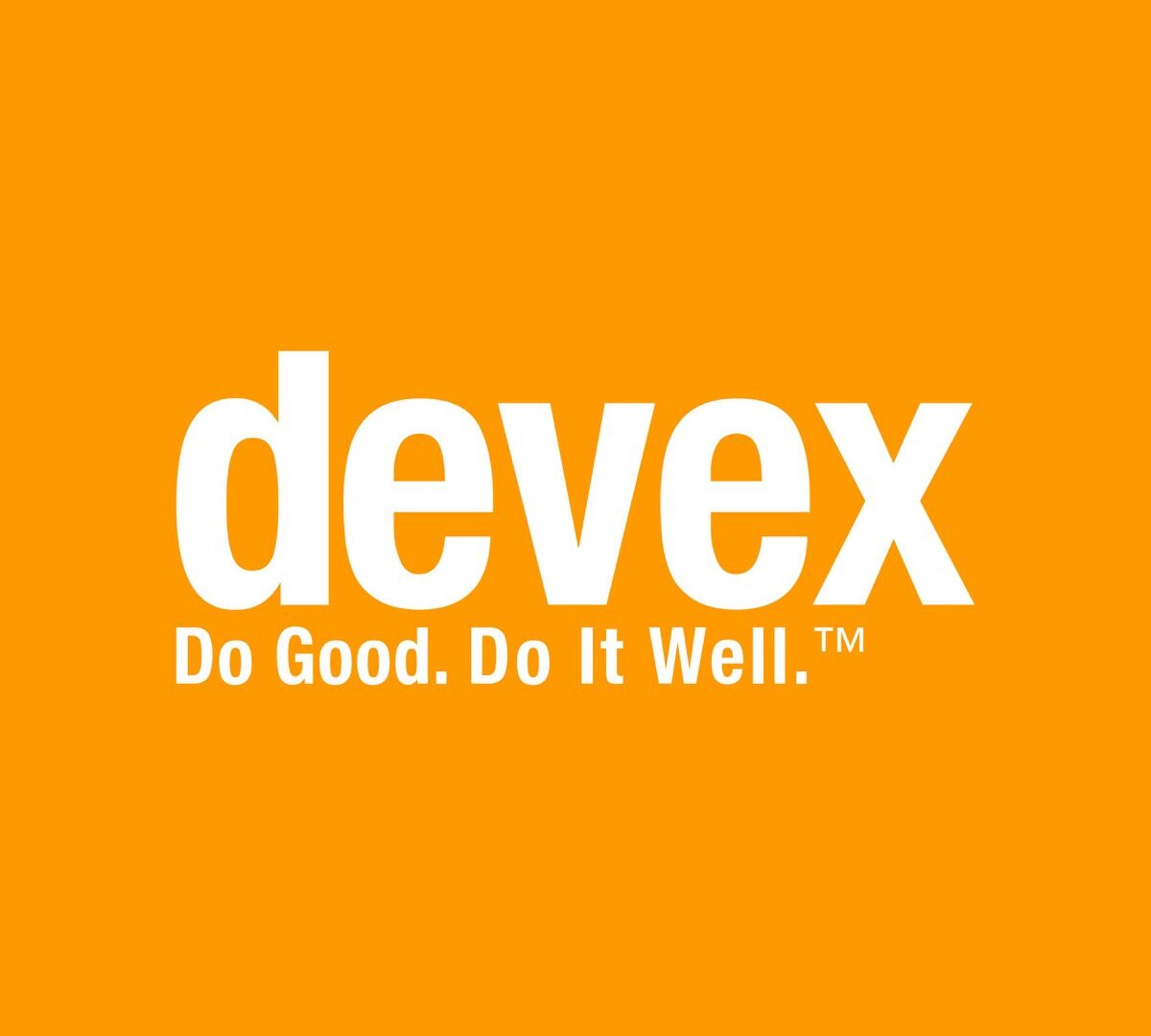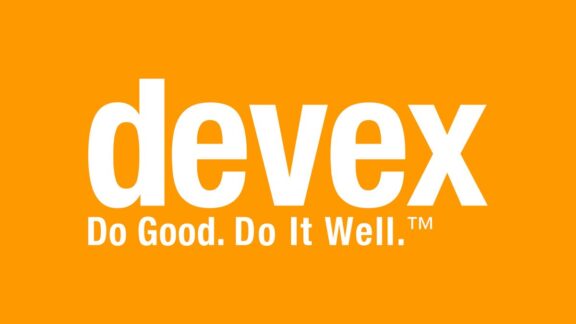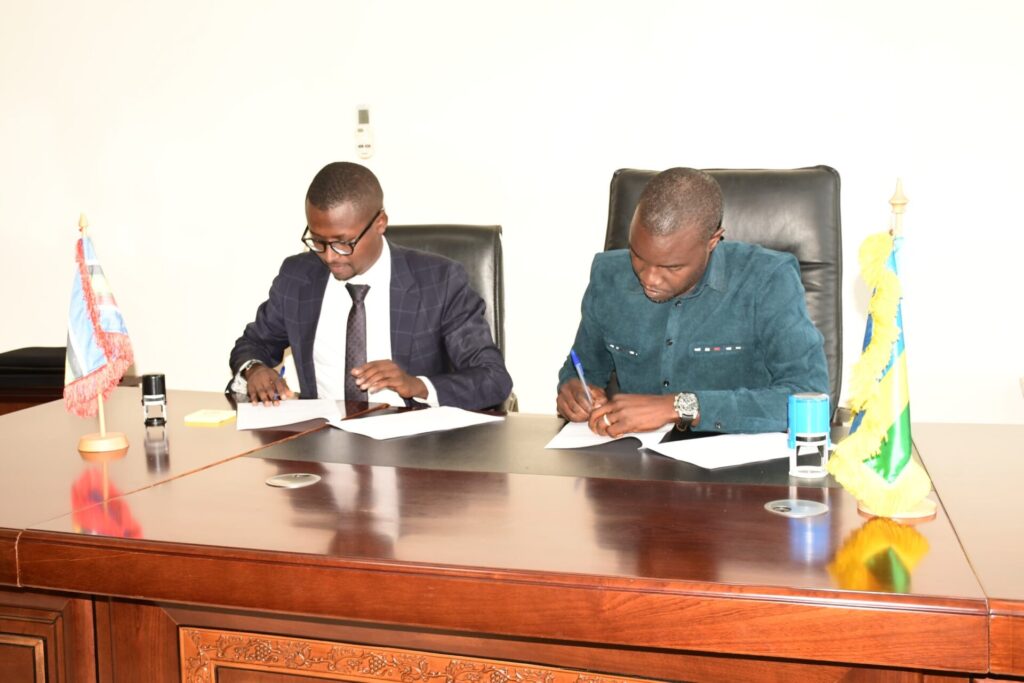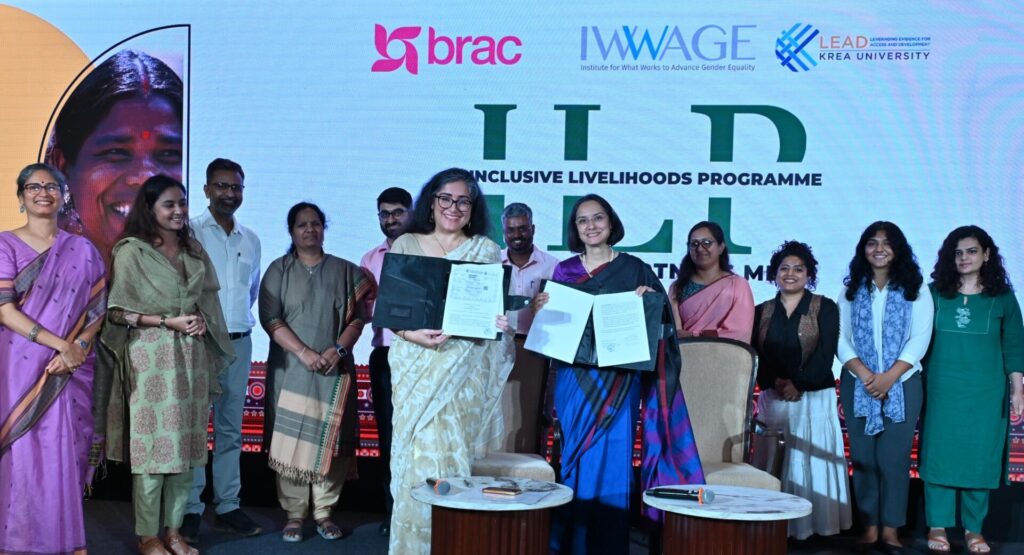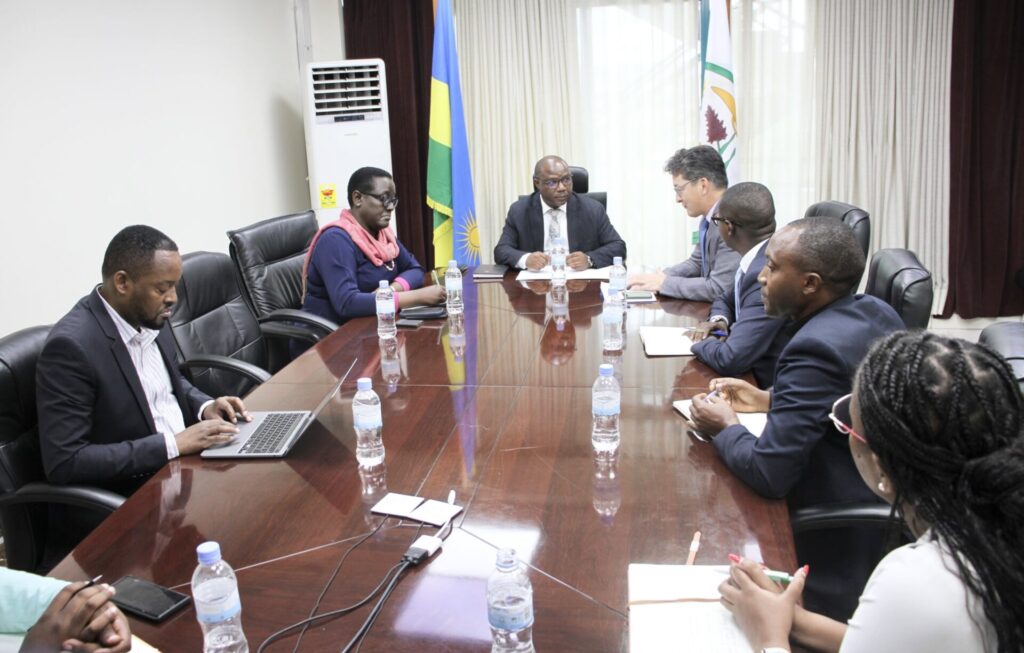Devex originally published this article on November 18, 2024.
The G20 summit has officially begun in Rio de Janeiro, Brazil — and the first thing on the agenda was world hunger.
“Hunger and poverty is not the result of scarcity or a natural phenomenon,” said Brazilian president Luiz Inácio Lula da Silva, speaking at the opening of the summit on Monday morning. “Hunger is the biological expression of social evil. It is the product of political decisions that create the exclusion of a great part of humanity.”
With that, Lula da Silva officially launched the Global Alliance Against Hunger and Poverty, a G20-born initiative that aims to connect countries with the policies, partnerships, and resources they need to end hunger.
As of Monday, 82 countries, 24 international organizations, 31 philanthropies and nonprofits, nine financial institutions, and the European and African unions had signed onto the alliance — a number that the president said he hopes will continue to grow even after Brazil’s G20 presidency ends on Nov. 30.
“This will be our major legacy,” said Lula da Silva. “With this alliance, we will network international recommendations, efficient public policies, and financing sources.”
It’s something Brazil — and the G20 — has been working on for over a year. At the center of the alliance’s focus is a “policy basket,” a collection of legislation from around the world that’s been proven to reduce hunger or poverty. Ultimately, the alliance is a matchmaking mechanism, one that will link counties with the technical, financial, and strategic support they need to end hunger within their borders.
“This is not just another new initiative,” said Oliver Camp, an environment and food systems advocacy adviser at the Global Alliance for Improved Nutrition, or GAIN, a Swiss-based nongovernmental organization. “This is very much an idea to reduce fragmentation, align existing efforts, and provide practical support and high-level political leadership.”
The alliance’s secretariat, which will be based at the Food and Agricultural Organization of the United Nations in Rome, will connect countries hoping to implement those policies to organizations, financial institutions, or other nations that can help them do so. It will also have offices in Rome, Brasília, Washington, D.C., Addis Ababa, and potentially Bangkok, according to Brazil’s minister of development and social assistance, Wellington Dias.
And now that it’s live, all those who signed onto the alliance are getting to work.
Thirty nations have already announced their commitments to curb hunger as part of the alliance — from Chad, which will launch a cash transfer program in 17 of its 24 provinces, to Indonesia, which will create what’s expected to be the world’s largest school meal program.
Those countries are now being matched with nearly 40 other financial institutions, United Nations agencies, philanthropies, and nongovernmental organizations, all of which have offered either financial or technical support to see those commitments through.
That includes countries such as Germany, Norway, and France, and organizations such as the World Bank, the Gates Foundation, and the World Food Programme. Though the initiative originated with the G20, the hope is that it will provide links for all the world’s countries — not just those with the largest economies.
“We have no time to lose: Global hunger levels are alarming, with a little less than one third of the global population experiencing severe to moderate food insecurity,” Anne Beathe Tvinnereim, Norway’s minister of development, told Devex before the launch. “To speed things up, the Alliance can help connect the dots between needs and available resources.”

